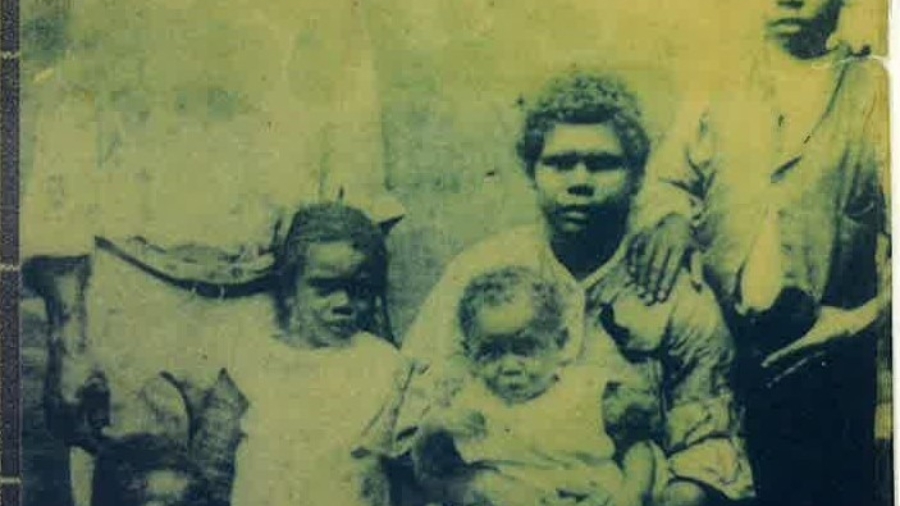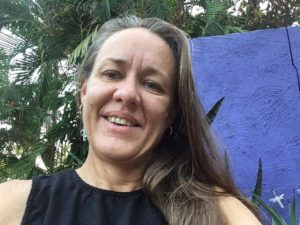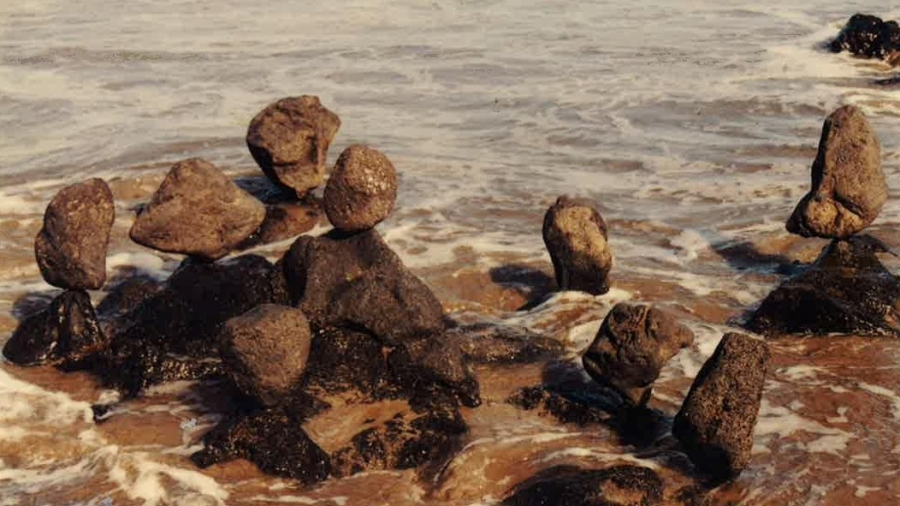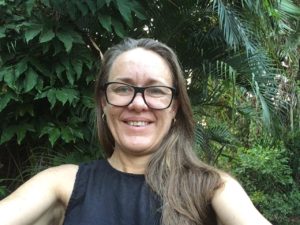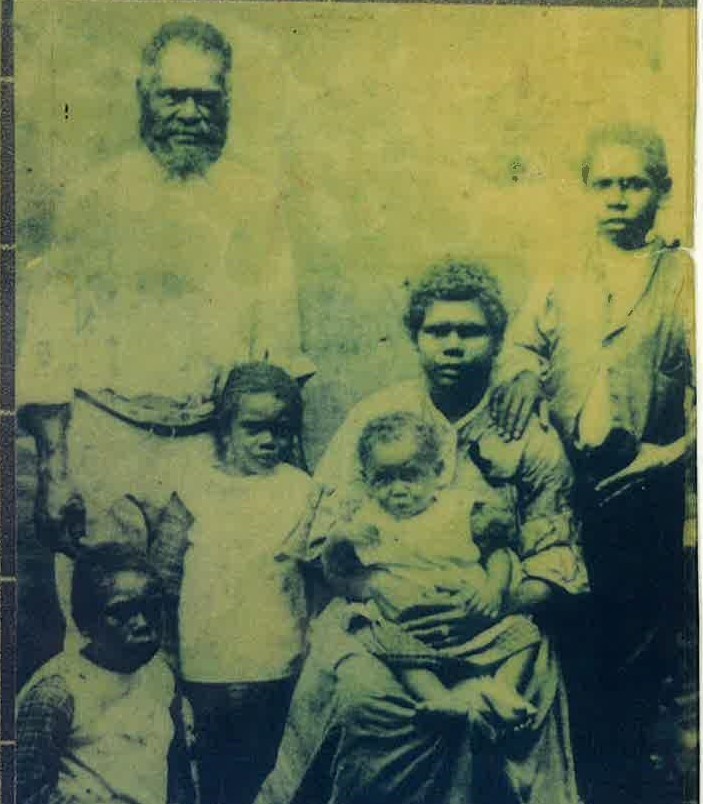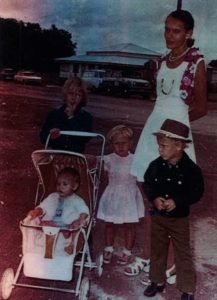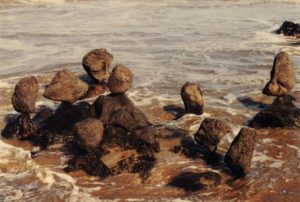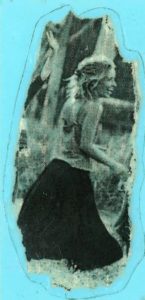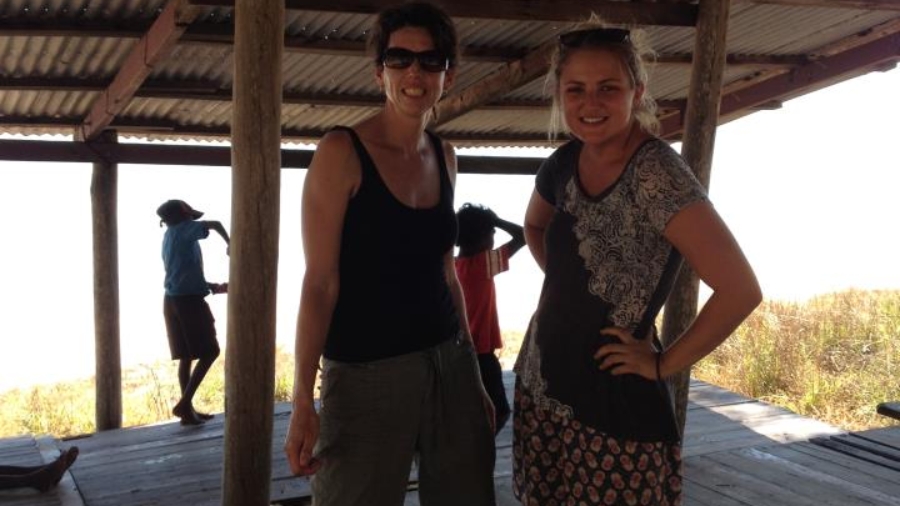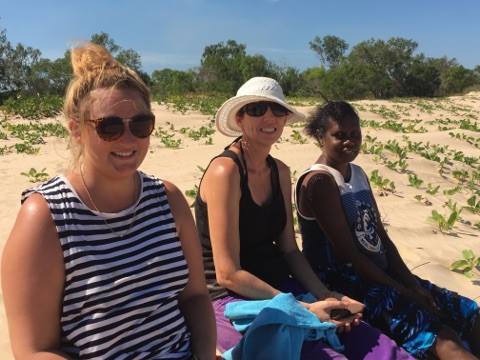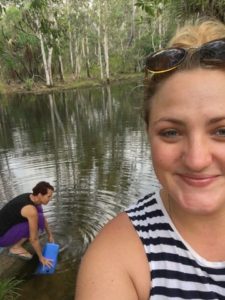 How do you combine a love of travel with social work and human rights advocacy? Just ask Anna McCracken. Anna has been roaming around remote Australia in her 4 wheel drive since 2013, listening to the stories of First Nations Australians and shaping the roll-out of the NDIS.
How do you combine a love of travel with social work and human rights advocacy? Just ask Anna McCracken. Anna has been roaming around remote Australia in her 4 wheel drive since 2013, listening to the stories of First Nations Australians and shaping the roll-out of the NDIS.
With an undergraduate degree in Social Work and a Masters in Human Rights Law, Anna’s nomadic lifestyle allows her to travel the country working in partnership with communities and as a link to business and Government around resourcing community led solutions to social challenges. Anna’s current passion project is exploring the role immersive technology can play in storytelling and language preservation in remote communities.
As a facilitator of conversation and an excavator of the ‘real story’, this interview with Anna lives up to expectations. We get to know the person behind the passion, and what it takes to roll up the swag and hit the road with no agenda but to do what social workers do best – listen deeply.
In episode 29 of ‘Talk the Walk’, we explore:
- Anna’s first observations as a social work graduate about social policy and its impact in regional and remote Australia
- What motivated Anna to undertake undertake further study in Human Rights Law and the learnings both professional and personal which led to becoming an Advocate for disability rights
- the unique skills social workers offer as a conduit between clients and service providers to give them a voice
- Reflections on Aboriginal people’s experience of the NDIS and its influence in shaping the scheme
- Why Western Australian communities have embraced immersive technologies
- The potential for virtual reality to be used with children who have development, social and behavioural challenges
- Pondering the ethical implications of VR
- the value of having difficult conversations about White Privilege
- Anna’s motivations and influences inspired by a great Aboriginal activist and a grandfather who had all the time in the world
- The questions around who she is as a social worker practitioner that keeps Anna awake at night
To listen, simply click on the Play button below or listen via the Stitcher App for iOS, Android, Nook and iPad.

You can subscribe to future podcast episodes from our Subscription page.
Don’t forget, if you or someone you know would make a great interview on ‘Talk the Walk’, send us an email from the Contact Page.
Things to follow up after the episode:
Follow Anna McCracken on Instagram
Connect with Anna McCracken on LinkedIn
Anna McCracken’s favourite podcast to listen to while roaming around is On Being with Krista Trippett. Anna’s favourite episodes are interviews with David Whyte, America Ferrera and John Paul Lederach.
Podcast: Play in new window | Download
Subscribe: RSS


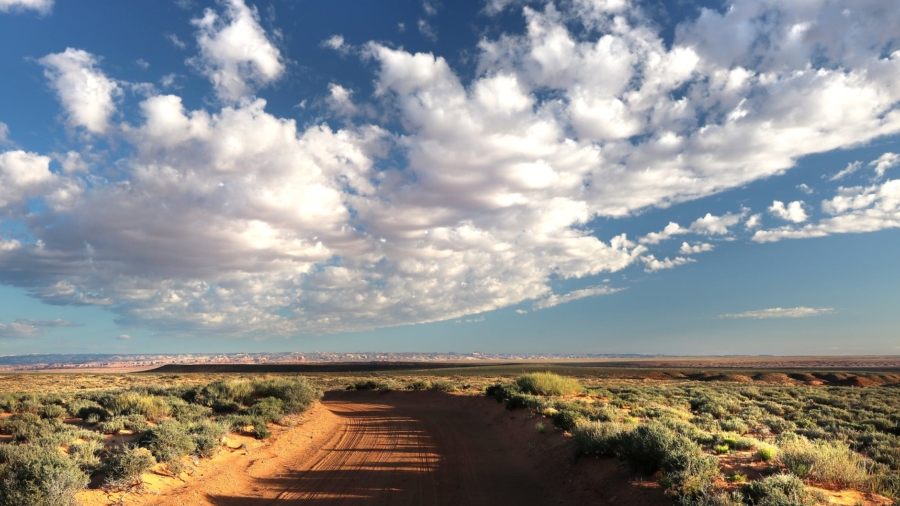
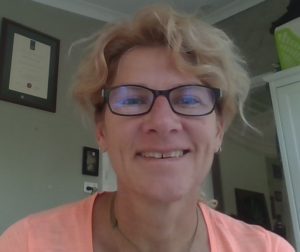
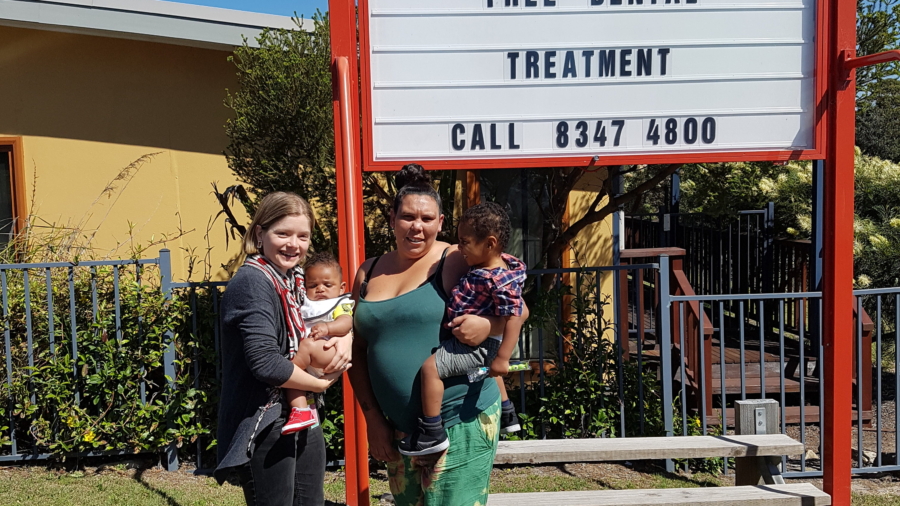
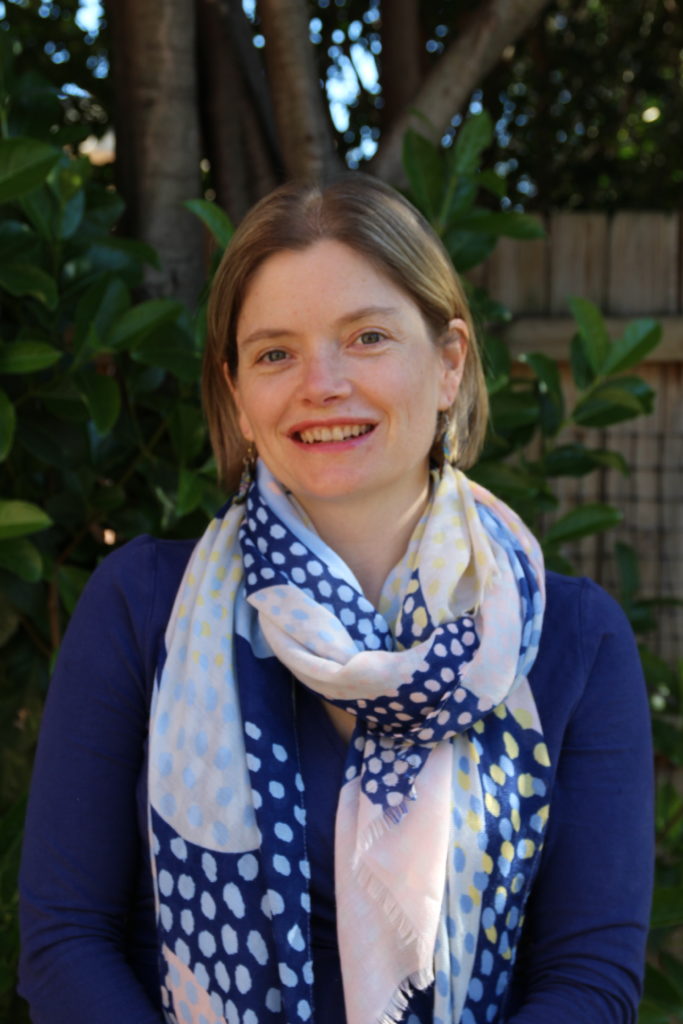
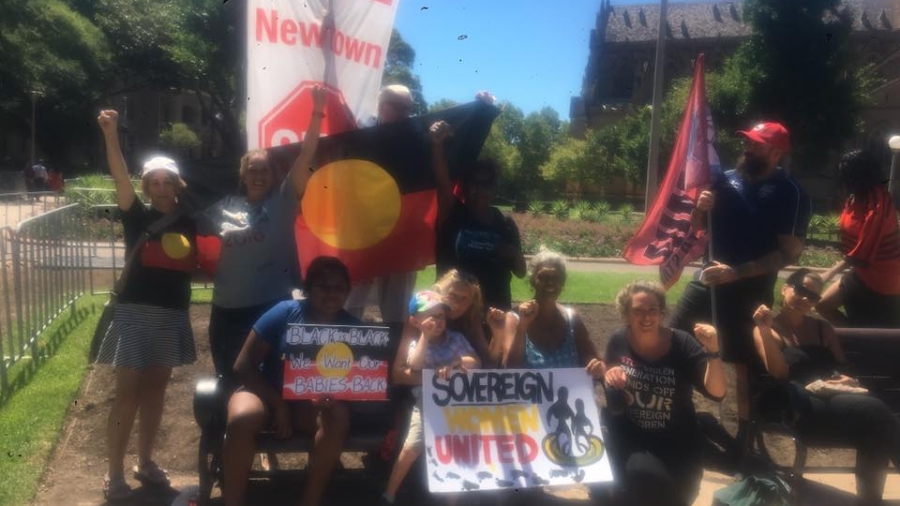
 Driven by personal family interests as well as deeply held values and a commitment to self determination, Sami shares the ingredients that have made practising Indigenous policy and advocacy work successful as a non-Indigenous woman. Social work students considering their future placements will find this episode invaluable and current non-indigenous practitioners will discover pearls of wisdom for standing alongside our Indigenous brothers and sisters for recognition and justice.
Driven by personal family interests as well as deeply held values and a commitment to self determination, Sami shares the ingredients that have made practising Indigenous policy and advocacy work successful as a non-Indigenous woman. Social work students considering their future placements will find this episode invaluable and current non-indigenous practitioners will discover pearls of wisdom for standing alongside our Indigenous brothers and sisters for recognition and justice.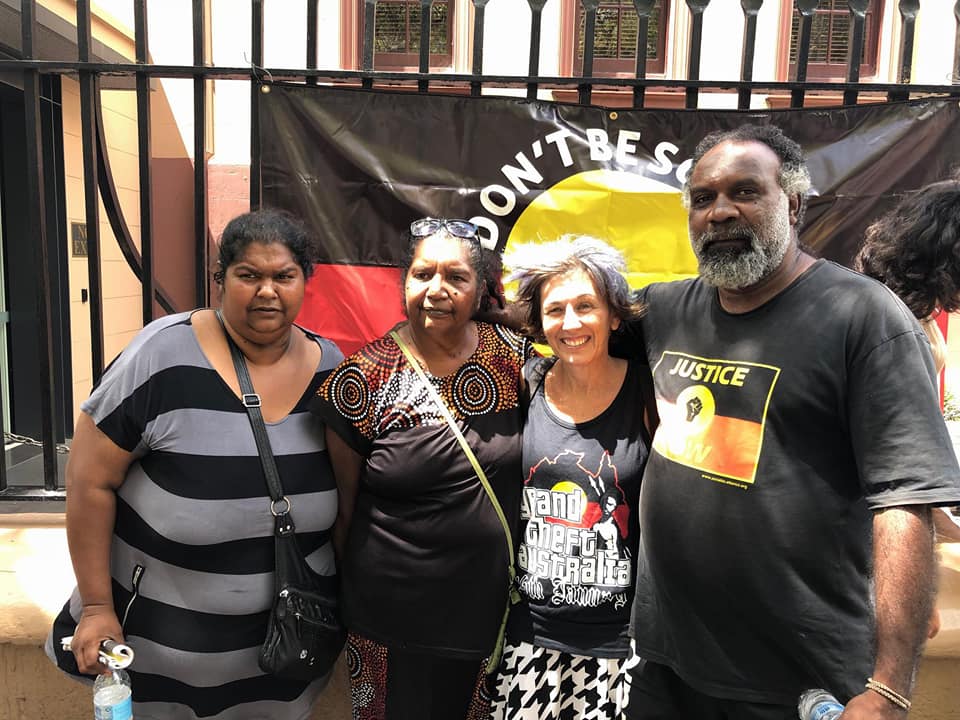
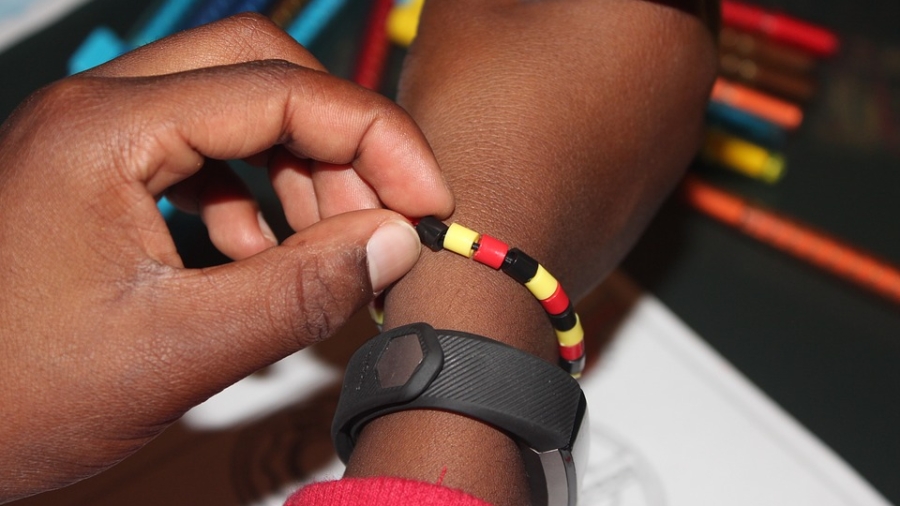
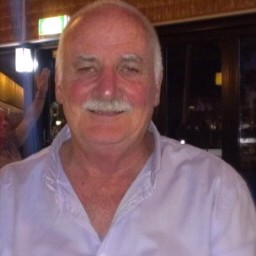 Today’s conversation on ‘Talk The Walk’ has many gems, but particularly for counsellors and social workers interested in developing an evidence based program that is also culturally safe. Doug Dunlop is a senior counsellor with the ‘Holding Children Together’ program based in Alice Springs and working with surrounding town camps. Doug is part of the team leading a rigorous evaluation process, developed and mentored by the Australian Childhood Foundation and a Cultural Advisory Group. In episode 17 of Talk the Walk, we also get a glimpse into the man behind the work; his historical roots, his life experience, the values and principles he brings to his trauma-informed, culturally-safe practice framework.
Today’s conversation on ‘Talk The Walk’ has many gems, but particularly for counsellors and social workers interested in developing an evidence based program that is also culturally safe. Doug Dunlop is a senior counsellor with the ‘Holding Children Together’ program based in Alice Springs and working with surrounding town camps. Doug is part of the team leading a rigorous evaluation process, developed and mentored by the Australian Childhood Foundation and a Cultural Advisory Group. In episode 17 of Talk the Walk, we also get a glimpse into the man behind the work; his historical roots, his life experience, the values and principles he brings to his trauma-informed, culturally-safe practice framework.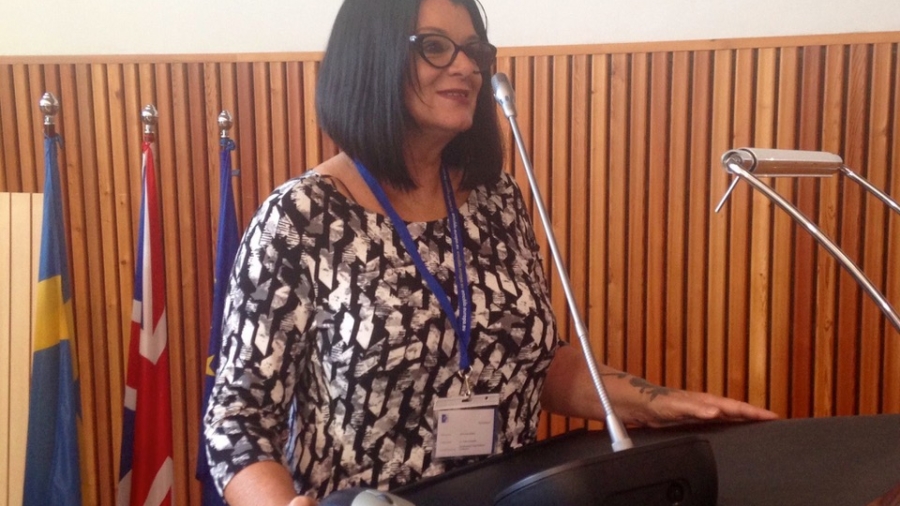
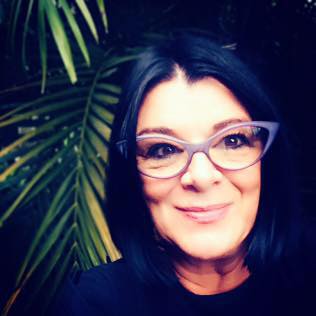 Anni Hine Moana, my guest this week on ‘Talk the Walk’ has over 40 years of experience from counselling in alcohol, drugs, gambling and mental health to supervision, lecturing and curriculum development. This is a fascinating conversation with a researcher whose passion is to see tangible outcomes for Aboriginal people accessing appropriate counselling services.
Anni Hine Moana, my guest this week on ‘Talk the Walk’ has over 40 years of experience from counselling in alcohol, drugs, gambling and mental health to supervision, lecturing and curriculum development. This is a fascinating conversation with a researcher whose passion is to see tangible outcomes for Aboriginal people accessing appropriate counselling services.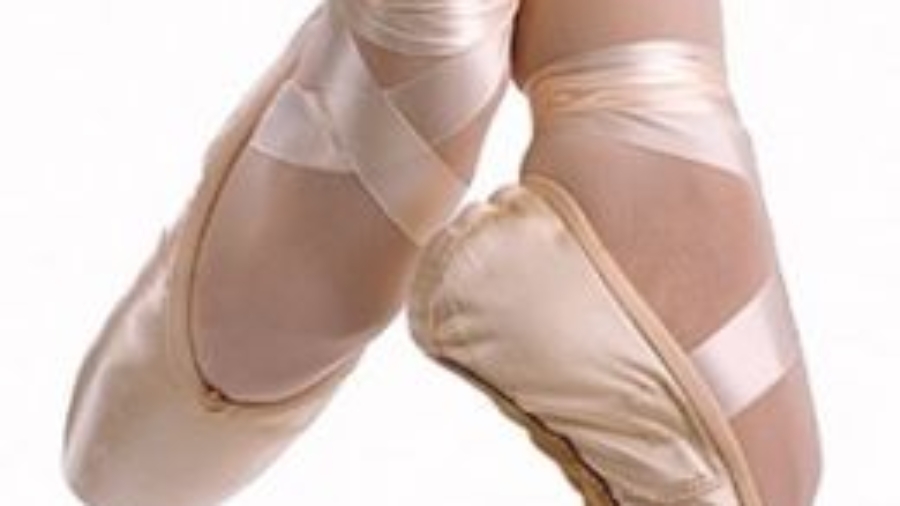
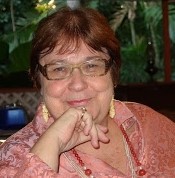 Get your dancing shoes on as we head into Episode 7 of Talk the Walk with Pamela Trotman.
Get your dancing shoes on as we head into Episode 7 of Talk the Walk with Pamela Trotman.